Libya’s current situation is complex and fragile, with several key factors contributing to its instability.
By joining in new conflicts with the new leadership of fighting forces , it add more urgency concerning security on all region at middle east.
Let’s speak with details about the situation;
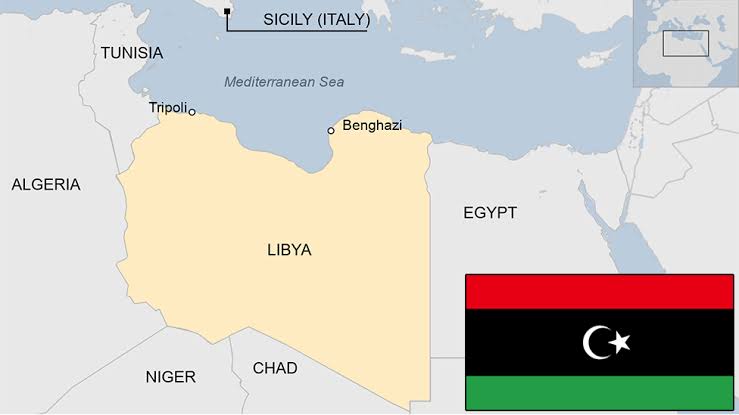
## Politics
– *Government of National Unity (GNU)*:
The GNU is working towards holding general national elections to end the transitional phase that has continued since 2011. Recent municipal elections have shown a significant turnout of over 77% of registered voters, which is seen as a positive step towards strengthening local governance and increasing political participation.
– *Conflict between House of Representatives and Presidential Council*:
There are conflicting views between the House of Representatives and the Presidential Council regarding the establishment of a Referendum and National Inquiry Commission (RNIC), which aims to enhance national survey mechanisms and support upcoming political choices.
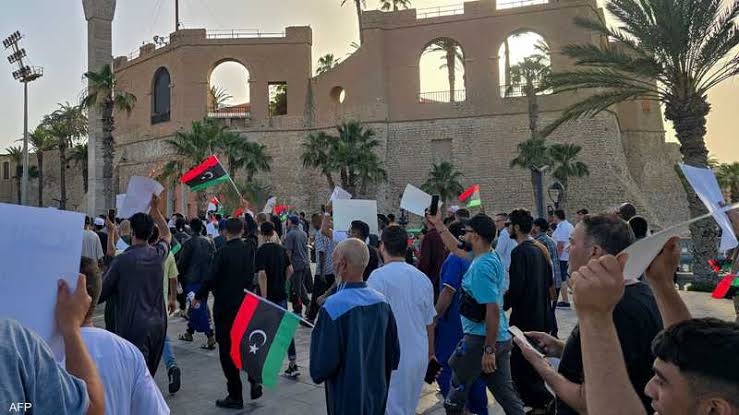
## Security
– *Militia Clashes*:
The security situation in Libya has worsened due to recent militia clashes, putting migrants and civilians at greater risk. The killing of the leader of the Support Force Apparatus (SSA) has led to escalating violence in Tripoli.
– *Demonstrations and Protests*:
There have been demonstrations in Martyrs’ Square in central Tripoli, as well as a complete mutiny at Tripoli University, in protest against the deteriorating security situation in the capital.
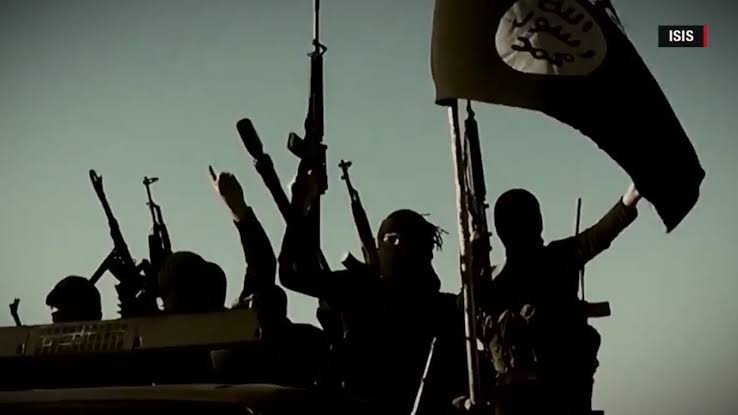
### ISIS movement ;
The movement of ISIS terrorists from Syria to Libya has raised significant concerns about the potential escalation of violence in the region. This development has far-reaching implications for regional stability and global security.
### Key Factors Contributing to ISIS Movement
– *Instability in Libya*:
The ongoing instability in Libya has created an environment conducive to extremist groups like ISIS.It seems that the Syrian conflict has led to the displacement of ISIS fighters, some of whom have relocated to Libya where allowed extremist groups to exploit the situation and establish a significant presence in Libya that could lead to an escalation of violence, posing a threat to regional stability. As
ISIS has carried out several attacks in Libya, including the 2015 attack on the Corinthia Hotel in Tripoli, which killed 14 people,It raises serious concerns about security in Libya and other cities , it revealed their involvement in the attacks that happened recently that killed dozens in Mesrata .
The movement of ISIS terrorists to Libya has significant implications for regional stability too , with potential spillover effects on neighboring countries.
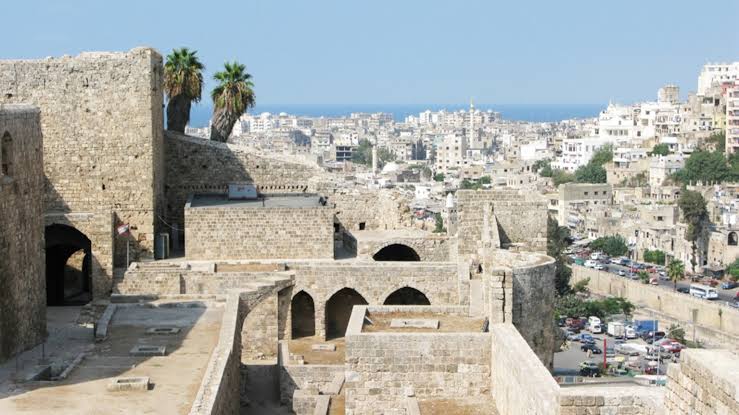
– *Counter-Terrorism Efforts*:
The international community has emphasized the need for counter-terrorism efforts to address the threat posed by ISIS in Libya.So the Regional cooperation is essential to addressing the threat posed by ISIS and preventing the spread of extremism..
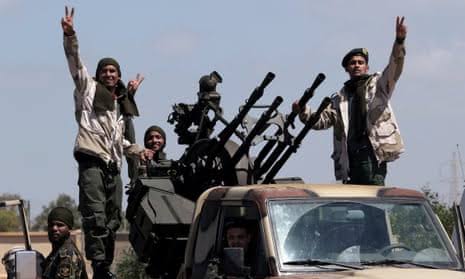
Weapons Smuggling*:
What increase the threat in Libya is the smuggling of weapons into through ships cities are coming from Turkey and Italy and smuggling through Algeria’s south east border connected with Libya and that has been a significant issue. These weapons are often smuggled into western Libya to support rebels.
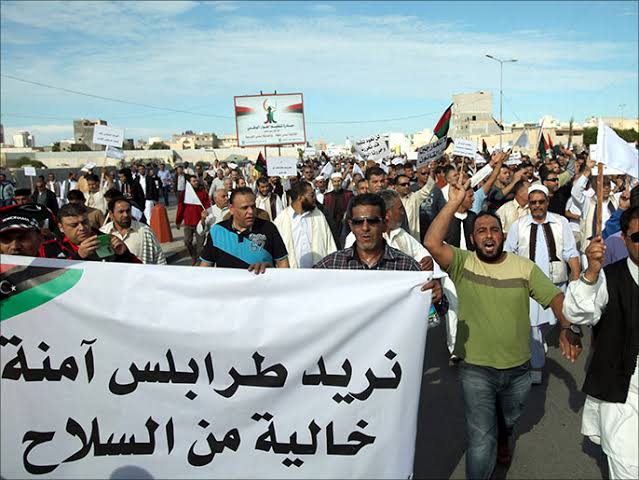
## Migration
– *Growing Migrant Population*: Despite serious threats, the migrant population in Libya continues to grow, with 858,604 migrants reported in February 2025, representing a 19% increase compared to the same period last year. Most migrants come from Sudan, Niger, Egypt, and Chad.
– *Migrant Challenges*: Migrants in Libya face numerous challenges, including torture, rape, extortion, and forced labor at the hands of security forces and traffickers.
## International Involvement
– *UNSMIL Support*: The United Nations Support Mission in Libya (UNSMIL) is working closely with the GNU to advance the political process and support the holding of general national elections.
– *ICC Jurisdiction*: Libya has formally submitted a declaration to the International Criminal Court (ICC) granting the court jurisdiction over crimes committed on Libyan soil from 2011 to 2027.
